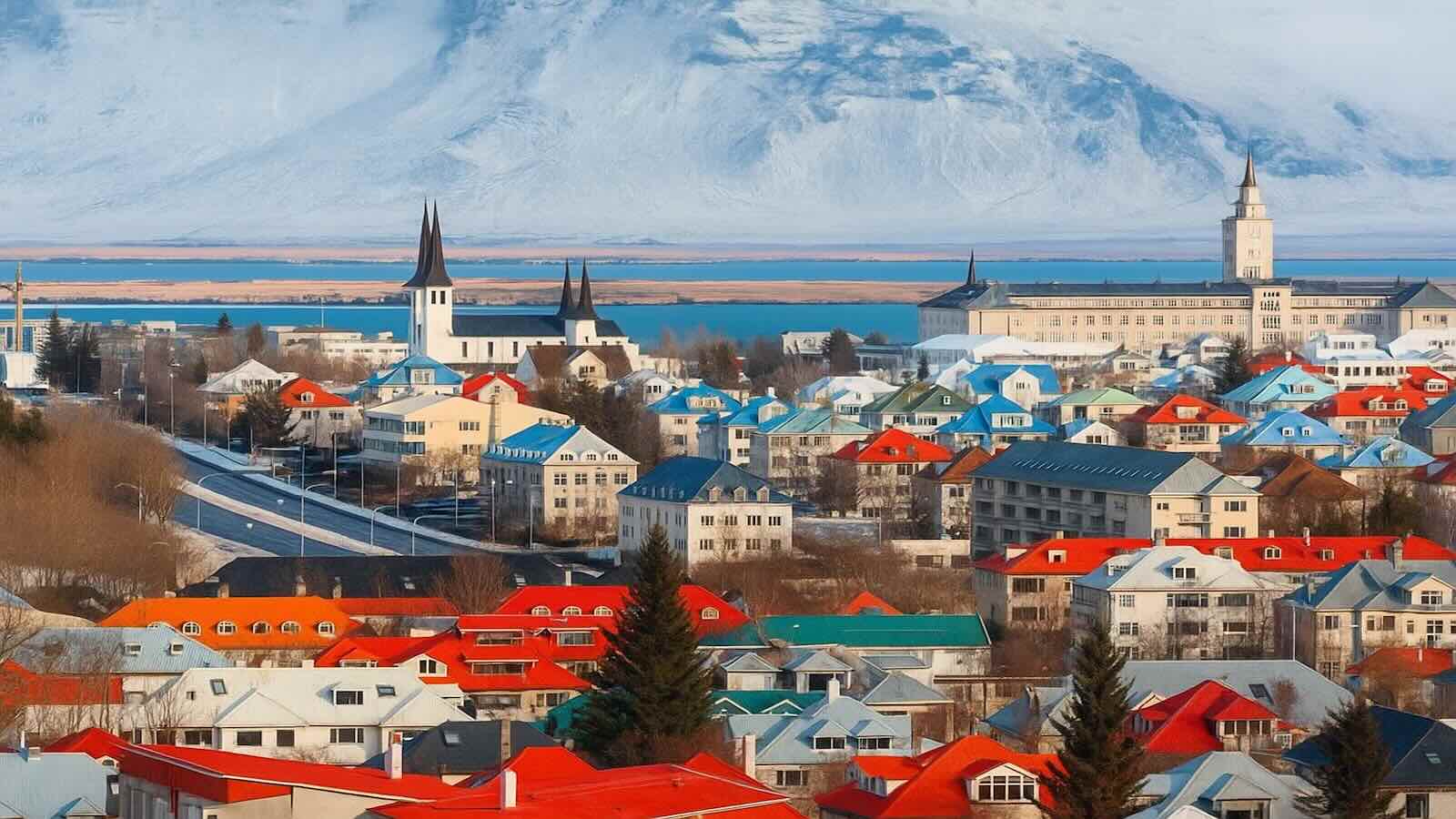Iceland’s 4-Day Workweek Revolution: Gen Z’s Bold Predictions Are Now a Reality
In 2019, Iceland broke ground by becoming one of the first nations to widely implement the four-day workweek—not by universal law, but through negotiated agreements that allowed thousands to cut working hours without losing pay. Five years later, the results speak volumes.
Early Fears Silenced by Results
The initiative began in 2015 with a trial involving around 2,500 workers—roughly 1% of Iceland’s workforce. Thanks to overwhelming support (86% approval), the trial transitioned into policy by 2019. Today, nearly 90% of employees in Iceland enjoy a reduced workweek of 36 hours, down from the traditional 40, while maintaining full wages.
At first, skepticism ran high. Business leaders worried about productivity drops, rising costs, and service delays. But the Icelandic data disproved all that. Productivity remained stable and even improved in sectors like administration and healthcare. One major reason? Better mental health and lower stress levels—key issues Gen Z has long spotlighted.
Goodbye to energy dependence – Alaska discovers more than 1,200 TWh hidden under the ice, and the find could change the world
Goodbye Pepsi: Costco makes a major decision that completely changes its strategy with sugary drinks
A healthier work-life balance became a game-changer. Workers reported improved focus and fewer burnout symptoms, leading to more engaged, efficient teams. The positive outcomes have turned once-wary employers into strong supporters of the shorter workweek.
Tech and Equality Drive the Transformation
The four-day model has done more than improve mental health—it has boosted gender equality too. Men, now with more free time, have taken on greater roles in family care and household duties. The result? A fairer division of responsibilities and more time for meaningful connection.
Unlike Belgium, where a four-day week typically involves longer workdays to compensate, Iceland’s approach retains standard daily hours. This was made possible through aggressive digital transformation. With top-tier internet infrastructure—even in rural zones—Iceland enabled smooth remote work and business continuity with fewer office hours.
Digital natives like Gen Z adapted instantly. Accustomed to tech-driven workflows, this generation helped ease the transition, proving that a digitally literate workforce is key to adopting modern work schedules.
A Global Model for Work-Life Balance
The effects reach far beyond the workplace. Icelanders now report greater overall life satisfaction, more time for hobbies, and reduced anxiety from daily pressures. The additional free day has reshaped family life and social well-being in meaningful ways.
María Hjálmtýsdóttir, an educator and activist, said: “The shorter week has truly transformed our home. With 36-hour schedules, we experience less stress, more joy, and a deeper sense of purpose.”
Iceland’s success is sparking global interest. Trials are underway in Germany, Portugal, Spain, and the UK. Belgium, while adopting the four-day week in principle, has seen slower progress due to its work-hour compensation rule.
How detonating a nuclear bomb could protect planet Earth
Buys a coal mine for $2 million and discovers metals worth up to $36 billion
Looking Ahead: A New Way of Working
While the four-day week has earned widespread praise, Iceland remains divided on other major issues—like EU membership. In fact, the upcoming parliamentary elections may reflect broader shifts in public sentiment, with only two parties—Social Democrats and Reform—openly supporting European integration.
Still, Iceland has proven one thing beyond doubt: shorter workweeks can work. With improved well-being, stable productivity, and greater societal cohesion, the model offers a compelling alternative to outdated 9-to-5 systems.
Gen Z, often dismissed as unrealistic dreamers, played a key role in championing this shift. Their push for healthier work habits and life balance has laid the foundation for what may be the next global labor revolution. Iceland shows that the future of work isn’t a fantasy—it’s already here, and it works.
